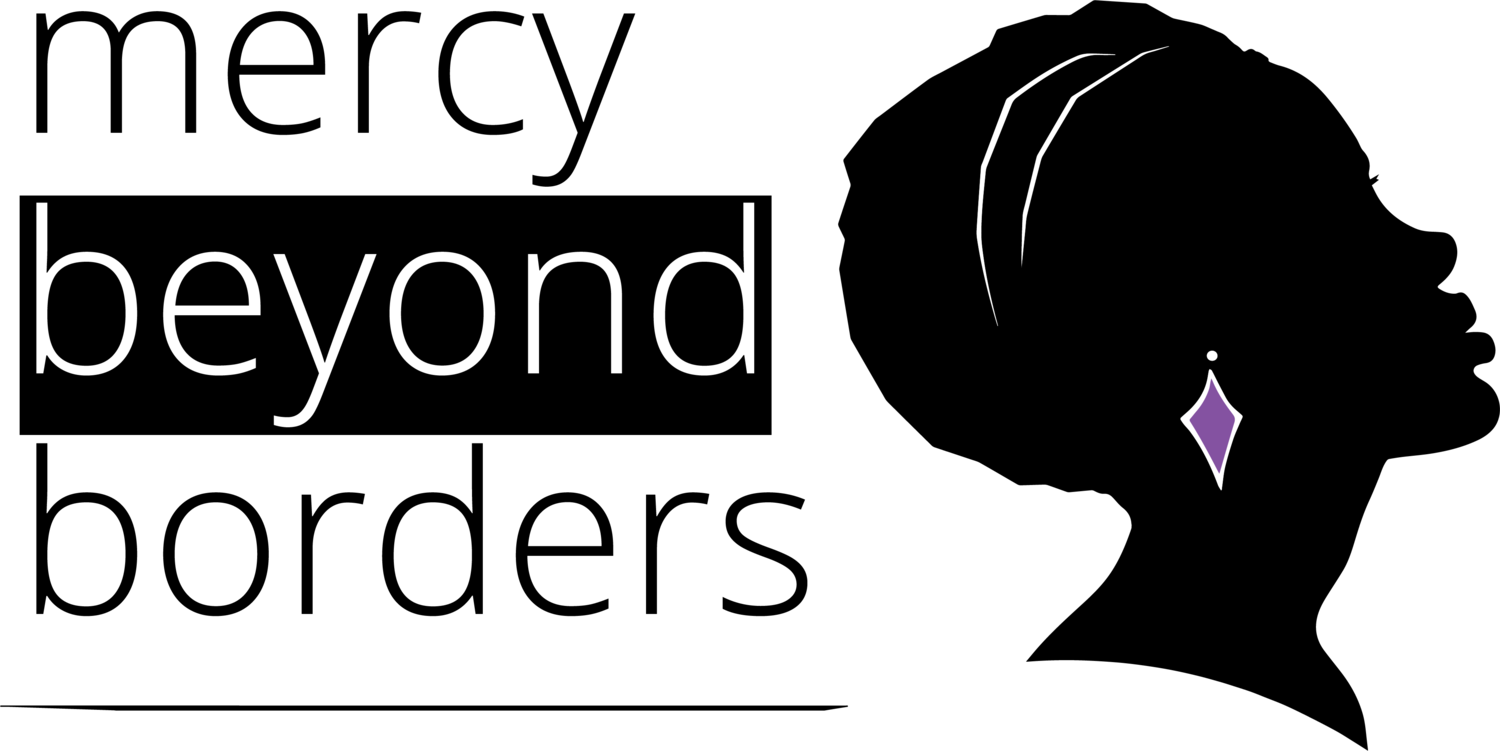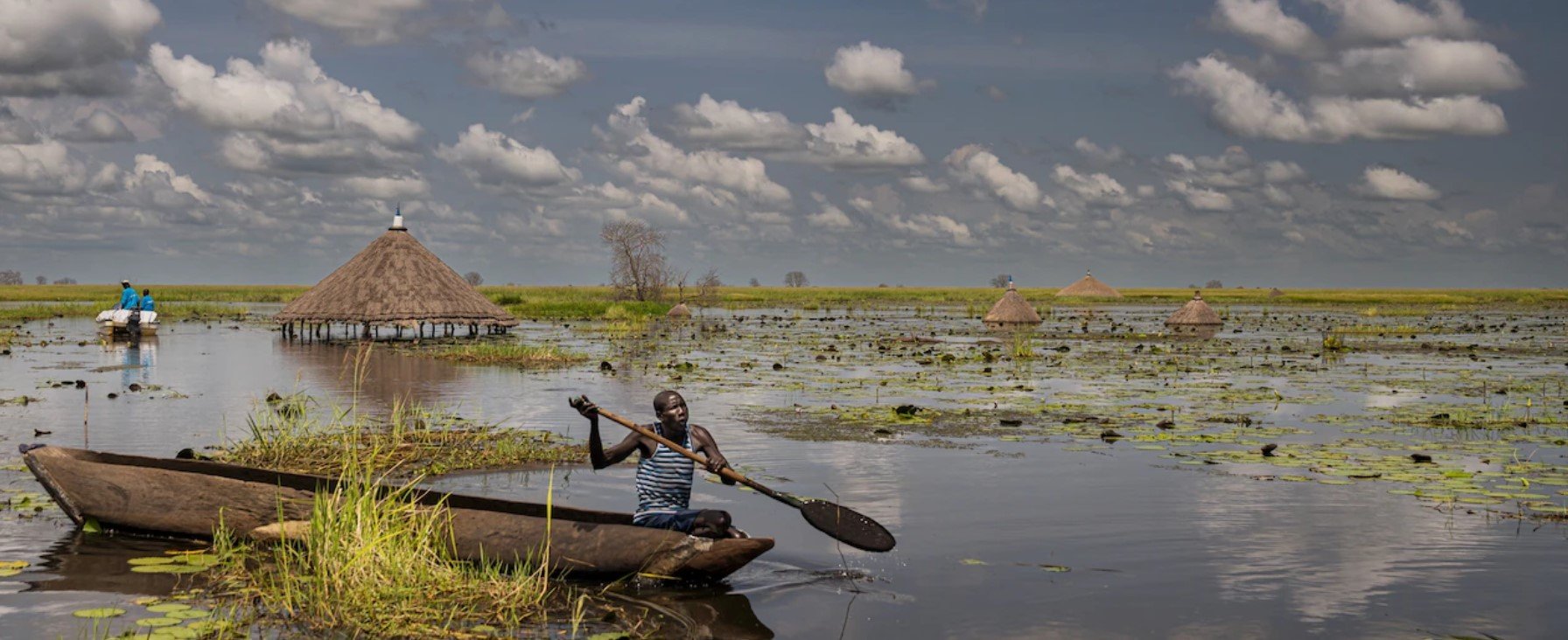Our Emergency Response
Operating in some of the world's most challenging regions including Haiti, Uganda, Kenya, Malawi, and South Sudan, Mercy Beyond Borders adapts quickly to address critical needs in times of crisis.
In Haiti, where a severe crisis grips the nation, gang violence, political instability, and widespread insecurity have become the norm. Armed gangs control much of the country, including key roads, making travel dangerous and disrupting supply chains. This has led to severe shortages of basic goods, skyrocketing prices, and worsening poverty. Many families are struggling to survive as kidnappings, extortion, and violence dominate daily life. Despite international efforts, including the deployment of multinational forces, the situation remains dire, with little immediate hope for improvement.
People march as tires burn during a protest against insecurity, August 7, 2023, in Port-au-Prince, Haiti. CBS News. Photo by Richard Pierrin/AFP/Getty
Armed soldiers running away from protestors in Port-au-Prince, Haiti. Richard Pierrin/Getty Images
In South Sudan, the worst historic flooding for the sixth consecutive year has displaced millions, devastating homes, crops, and infrastructure across the country.
The conflict in neighboring Sudan has further disrupted South Sudan’s already fragile economy by impacting oil exports, the primary source of revenue. Many civil servants have gone unpaid for extended periods, crippling public services and deepening the country’s instability. These challenges, combined with political instability and an influx of refugees from Sudan, have left South Sudan at high risk of famine.
The compounding effects of flooding, economic instability, and unrest have intensified food insecurity, leaving many struggling to survive.
National Geographic 11.09.2021. Photo by Lynsey Addario.
How has Mercy Beyond Borders responded?
Besides supporting girls from primary through university, Mercy Beyond Borders' social workers provide regular counseling to address emotional and mental well-being. Meanwhile, we've taken direct action to respond to urgent needs:
We are providing ongoing emergency direct cash (no strings attached) to our Scholars, alumnae, and staff in rural Haiti. (2024–present)
We launched an ongoing daily hot meal program available to MBB’s high school Scholars in Haiti. (2023-present)
We distributed emergency food packets (sacks of rice, cooking oil, etc.) to families in rural villages during the pandemic. (2020)
We gave direct cash (no strings attached) to our Scholars and refugee mothers during the pandemic. (2020)
We hosted pandemic awareness sessions in villages and refugee camps, providing education, soap, masks and hand-washing stations. (2020-2021)
We sponsored remote learning via radio for our high school Scholars, by hiring teachers to broadcast daily lessons when schools were closed due to the pandemic. (2021)



